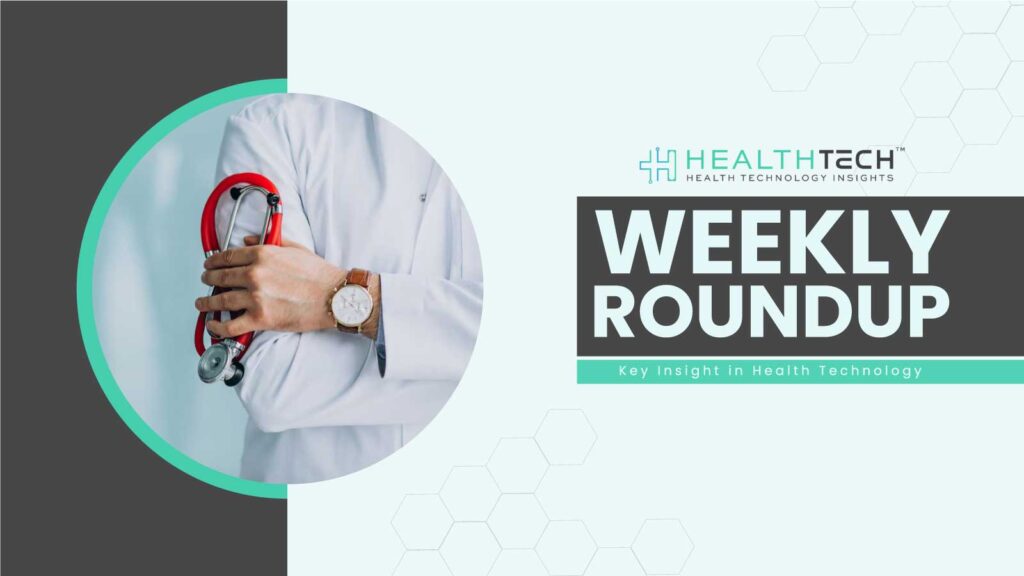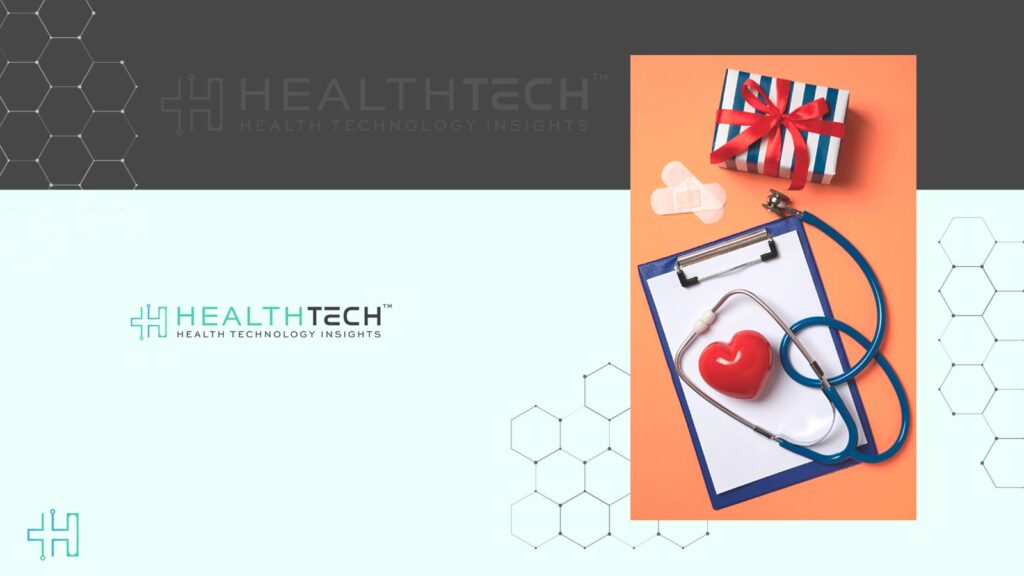Have you ever asked yourself why some health tech companies appear to capture highly qualified leads naturally while others are fighting for notice? In the rapidly changing health tech world today, how to drive successful lead generation in healthcare technology is a question that must be asked by every HR tech specialist, decision-maker, and health tech innovator.
Creating quality leads is as much about numbers as it is about reaching the right audience at the right moment. The healthcare technology industry is complex, with varied stakeholders from hospital administrators to frontline doctors, regulators, and even patients themselves. How, then, do you differentiate and create relevant relationships that convert?
Let’s dig into actionable strategies, informed by industry data and real-world examples, to master effective lead generation in this changing landscape.
Understanding the Healthcare Technology Audience
Before diving into tactics, it’s essential to understand the ecosystem you’re working in. Healthcare technology isn’t a one-size-fits-all market. Your leads could be CIOs searching for new patient data solutions, HR leaders aiming to streamline workforce management, or tech-savvy patients looking for digital health tools.
As per Deloitte’s 2024 report, more than 60% of healthcare buyers value solutions that deliver explicit ROI and regulatory compliance. What this suggests is that your lead-gen efforts need to be based on value propositions, not generic sales pitches.
Key takeaway: Customize your message to meet the unique needs of your healthcare audience. Are you communicating with an HR director regarding talent acquisition solutions or a C-suite executive looking for AI-powered clinical insights? This specificity will drive engagement and enhance conversion rates.
Creating Valuable and Relevant Healthcare Tech Content
You may have heard it before, but in healthcare technology, content is king. Educational, data-oriented content establishes trust as a currency you can’t afford to lose.
Think outside product brochures. Think blogs, whitepapers, webinars, and case studies that are relevant to emerging trends, innovation, and compliance news. Take Philips Healthcare, for instance, which recently experienced a 35% boost in qualified leads after introducing a webinar series on AI in patient monitoring.
Here’s a quick tip: Tell stories to make your content more human. Tell how a new telehealth platform decreased patient wait times by 40%, or how a hospital HR department halved onboarding time using AI recruitment tools. These stories connect intensely with your audience.
Using Multi-Channel Strategies
As of 2025, healthcare decision-makers are consuming content on multiple platforms. From industry forums and LinkedIn groups to email newsletters and virtual events, your lead generation strategy must be everywhere but consistent.
LinkedIn is still the go-to source for B2B lead generation in health tech. HubSpot research indicates that LinkedIn produces 80% of B2B leads, which makes it a must for healthcare technology marketers. However, don’t discount niche channels such as specialist healthcare forums or even podcasts with healthcare leaders.
Email marketing, executed well, still generates strong ROI. Segment your outreach using role, region, or purchase stage-based lists to personalize your communication. A personalized email with context-specific content has 26% higher open rates, according to Campaign Monitor.
Leveraging Data and AI to Optimize Lead Targeting and Scoring
This is where technology and strategy come together. Data analytics and AI-powered tools are lead-generation game changers.
Picture a solution that measures how long your healthcare HR professional spends on your content, their visits to your pages, and even their download activity. All this information assists in scoring leads and determining follow-ups with accuracy.
Salesforce’s Health Cloud combines AI to drive lead scoring and pipeline management. Firms deploying AI-powered lead scoring achieve 30% improved conversion rates. That is because efforts go into prospects that are most likely to convert, and less time is spent on cold leads.
How MedTech Innovators Raised Lead Quality by 50%
MedTech Innovators, an American healthcare startup, overhauled their lead generation process in 2024 with the introduction of a multi-channel campaign alongside AI-based lead scoring. Their major steps were:
- Initiating a series of webinars with leading healthcare executives.
- Developing free download guides covering regulatory compliance.
- Using LinkedIn Sponsored Content to target HR and IT decision-makers.
- Incorporating AI tools to score leads and automate follow-up emails.
The outcome? A 50% boost in lead quality and a 20% decrease in sales cycle time.
Their CEO, Maria Thompson, attributes the success to “understanding our audience’s journey deeply and using data to meet them where they are.”
Establishing Trust Through Thought Leadership And Industry Partnership
In healthcare technology, trust matters above all else. Becoming a thought leader by partnering with industry-respected experts can ramp up lead generation.
Think of collaborating with healthcare associations, holding expert panels, or co-writing research reports. Gartner states that companies that are seen as thought leaders generate 2.5 times more inbound leads.
Sharing your stage with healthcare influencers and featuring real testimonials also lends credibility. Decision-makers do want to hear from peers who’ve successfully implemented solutions.
Optimizing Your Website and Landing Pages for Conversion
What does your lead do when they click through your campaign? Your website and landing pages need to provide a smooth, intuitive experience.
Provide it with easy access to important resources and contact you. Employ simple calls to action (CTAs), rapid forms, and mobile-responsive designs. Healthcare professionals are too busy no time to search for information.
Integrating chatbots or AI assistants can yield quick responses and further cultivate leads. As an instance, Conversica’s AI assistant has been found to drive lead engagement up by 35% in healthcare environments.
The Ongoing Process of Lead Generation
Finally, effective lead generation is not a “set and forget” effort. Tracking your key performance indicators (KPIs) like lead volume, conversion rates, and cost per lead helps identify what’s working and what needs tweaking.
Use tools like Google Analytics, HubSpot, or Marketo to monitor campaign performance. Don’t hesitate to experiment with new formats or channels. Healthcare technology is evolving rapidly, and so are your prospects’ preferences.
As marketing expert Seth Godin expounds, “Marketing is a contest for people’s attention.” For healthcare tech, being responsive to the needs and opinions of your audience is your winning advantage.
The Road Ahead for Healthcare Technology Lead Generation
Driving effective lead generation in healthcare technology demands a balance of strategy, empathy, and innovation. By deeply understanding your audience, delivering valuable content, leveraging data, and nurturing relationships, your brand can thrive in this competitive field.
Remember, your goal isn’t just leads, it’s lasting connections that propel healthcare innovation forward. So, why wait? Start implementing these strategies today and watch your healthcare technology lead pipeline flourish in 2025 and beyond.
FAQs
- What makes lead generation in healthcare technology more complex than in other industries?
Healthcare technology involves multiple stakeholders, including CIOs, clinicians, HR leaders, and compliance officers, each with unique goals and regulatory concerns. Unlike other industries, buying decisions often involve long evaluation cycles, strict compliance checks (like HIPAA), and a strong emphasis on ROI and patient outcomes.
- How do I know if my lead-generation efforts are working?
It goes beyond counting downloads or email opens. Look at the quality of leads, conversion rates, and how far they move through your sales funnel. If your marketing-qualified leads (MQLs) are consistently becoming sales-qualified leads (SQLs), you’re on the right track.
- Is content still effective for B2B healthcare lead generation in 2025?
Absolutely, but only if it’s relevant, credible, and useful. In healthcare tech, buyers crave educational content that helps them solve real problems or stay ahead of compliance changes. Think whitepapers, webinars, and real-world case studies.
- What role does AI play in improving lead generation for healthcare technology companies?
AI helps you target smarter and respond faster. From predicting which leads are most likely to convert to automating follow-ups, AI tools save time and personalize the buyer experience.
- Do I need to be on every platform to generate leads, or can I focus on a few?
You don’t need to be everywhere; you need to be where your audience is. For most healthcare tech companies, LinkedIn is a goldmine for B2B connections. But if your buyers frequent webinars, industry newsletters, or healthcare-specific platforms, those should be your focus.
Dive deeper into the future of healthcare.
Keep reading on Health Technology Insights.
To participate in our interviews, please write to our HealthTech Media Room at sudipto@intentamplify.com




